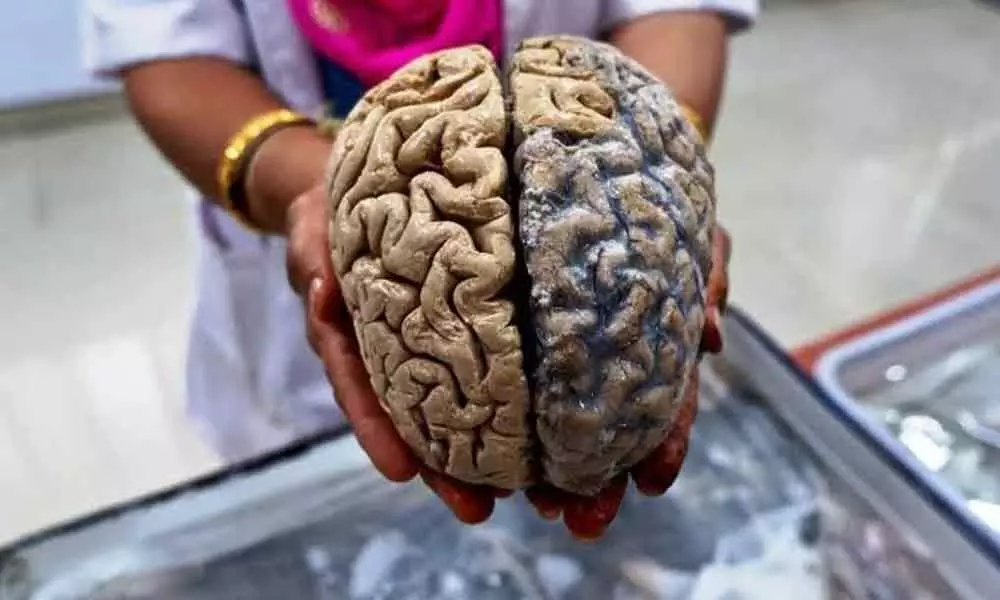Indians have smaller brains compared to Caucasians and Chinese: Study

Researchers have developed the first Indian human brain atlas which has revealed that there is a significant difference in the shape and size of the brain between Indians, Chinese, Koreans and Caucasians.
New Delhi (PTI): Researchers have developed the first Indian human brain atlas which has revealed that there is a significant difference in the shape and size of the brain between Indians, Chinese, Koreans and Caucasians.
The researchers, including those from the International Institute of Information Technology (IIIT), Hyderabad, have also found that the brain size of Indians is smaller compared to those of Caucasians on average.
According to the study, a brain atlas helps researchers compare findings from different brain imaging methods like Magnetic Resonance Imaging (MRI) and functional MRI (fMRI), or between healthy and diseased brain states, or across individuals. The study, published in the journal Neuroscience India, was a collaborative effort by researchers Raghav Mehta from McGill University in Canada, Jayanthi Sivaswamy and Alphin J Thottupattu from IIIT Hyderabad, and R Sheelakumari and Chandrasekharan Kesavadas from Sree Chitra Tirunal Institute for Medical Sciences and Technology in Kerala.
According to the study, the Montreal Neurological Institute (MNI) in Canada, and the International Consortium for Brain Mapping (ICBM) created the world's first digital human brain atlas using the brain MRI scans of 305 young normal Caucasian subjects. However, the researchers said that the brain atlas does not account for differences across groups with different gender, race, or disease conditions.
"Of late, many studies have shown that there is a morphological difference across phenotypes. Specifically, this difference relative to the Caucasians has been reported for the East Asian populations," the researchers wrote in the study. The researchers recruited 100 young healthy Indian adults -- 50 female and 50 male -- aged 21–30 years, and developed the Indian atlas from their brain scans.
The result of this study indicated that there is a significant difference in the size of Indian and Caucasian brains in terms of length, width, and height. Comparison of the Indian, Chinese and Korean atlases revealed that the Indian brain is comparable in terms of length with both the atlases, while it was significantly smaller in terms of height and width.
The study, however, did not reveal what functional dissimilarities may exist in these populations due to the brain size deviations. According to the researchers, the new study is limited by the number of subjects, but the findings, they said, are compelling enough to motivate future work on building a larger atlas with a more heterogeneous mix set of subjects.


















